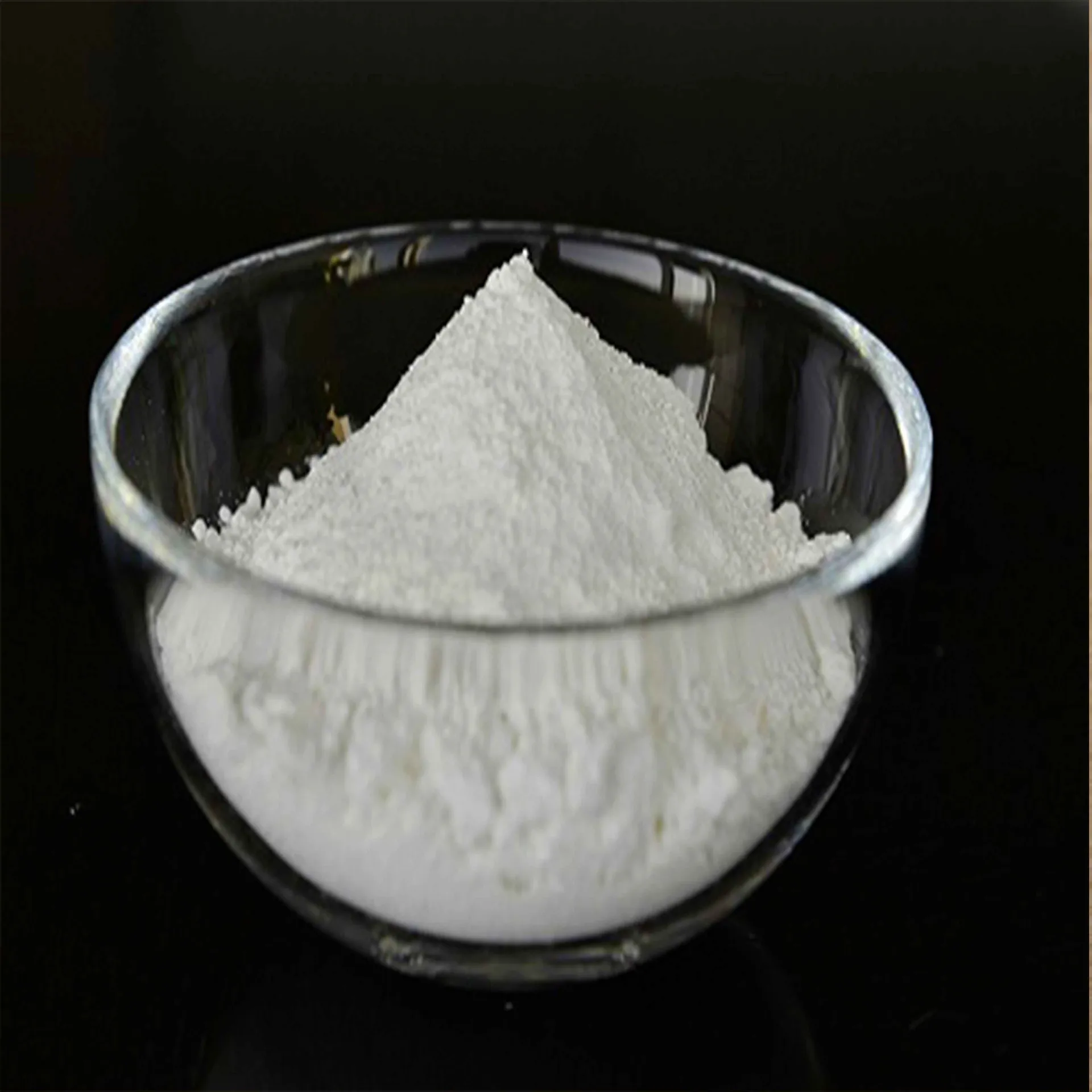
ก.ย. . 12, 2025 09:04 กลับไปที่รายการ
Anatase Grade vs. Rutile Grade Titanium Dioxide in Primer Formulations
The selection of titanium dioxide pigment plays a pivotal role in determining the performance characteristics of primer coatings. As the most widely used white pigment in the coatings industry, titanium dioxide exists in two primary crystalline forms: anatase and rutile. Each variant offers distinct advantages that influence opacity, durability, and chemical resistance in primer formulations. Manufacturers seeking titanium dioxide powder for sale must carefully evaluate these crystalline structures to optimize their primer systems for specific applications.
Crystalline Structure and Fundamental Properties of Titanium Dioxide
Molecular Architecture Differences
The atomic arrangement of titanium dioxide pigment fundamentally differs between anatase and rutile grades. Anatase crystals exhibit a tetragonal structure with octahedral units sharing four edges, while rutile crystals feature a more compact arrangement with shared two edges. This structural variance creates measurable differences in:
Refractive index (2.49 for anatase vs. 2.7 for rutile)
Photocatalytic activity levels
Surface energy characteristics
Light scattering efficiency
These inherent properties directly influence how titanium dioxide powder performs when incorporated into primer formulations, particularly regarding optical performance and long-term stability.
Particle Morphology and Dispersion Characteristics
Modern manufacturing processes for titanium dioxide powder for sale produce carefully engineered particle size distributions. Anatase-grade titanium dioxide pigment typically features:
Slightly smaller primary particle sizes (200-250nm)
Higher surface area per unit mass
Different surface treatment chemistries
Rutile grades generally demonstrate:
Broader particle size distributions
Enhanced packing density
Superior dispersion stability in most binder systems
These morphological differences significantly impact the incorporation and performance of titanium dioxide coating systems in primer applications.
ไททาเนียมไดออกไซด์: Performance Characteristics in Primer Formulations
Opacity and Hiding Power Considerations
The primary function of titanium dioxide paint pigments in primers involves providing sufficient hiding power to obscure substrate imperfections. Rutile-grade titanium dioxide demonstrates superior hiding characteristics due to:
Higher refractive index difference with common binder systems
More efficient light scattering properties
Better particle packing density
However, anatase titanium dioxide powder can provide adequate opacity for certain primer applications while offering other beneficial properties. The choice between grades often involves balancing initial hiding requirements with other performance needs.
Durability and Weathering Resistance
Rutile titanium dioxide coating pigments exhibit significantly better durability in exterior primer applications because of:
Lower photocatalytic activity
Enhanced resistance to chalking
Better color retention under UV exposure
Anatase titanium dioxide pigment, while more photoactive, finds preferred use in certain indoor primer applications where its unique properties provide advantages in:
Surface cleanliness maintenance
Antimicrobial effects
VOC reduction capabilities
Adhesion and Surface Interaction Properties
The surface chemistry of titanium dioxide powder influences primer-substrate adhesion characteristics. Rutile grades typically demonstrate:
Better compatibility with most resin systems
More stable interfacial interactions
Reduced tendency for binder degradation
Anatase titanium dioxide paint pigments can enhance certain adhesion properties through:
Increased surface reactivity
Improved wetting characteristics
Better dispersion in some water-based systems
Specialized Applications and Formulation Strategies ของ ไททาเนียมไดออกไซด์
Interior Primer Systems
For interior applications, anatase titanium dioxide powder offers several formulation advantages:
Enhanced brightness and blue-white undertones
Self-cleaning surface properties
Improved indoor air quality through photocatalytic VOC reduction
These characteristics make anatase-grade titanium dioxide coating particularly valuable for:
Kitchen and bathroom primers
Healthcare facility coatings
High-traffic commercial spaces
Exterior and High-Performance Primers
Rutile titanium dioxide pigment remains the standard for exterior primer formulations due to:
Superior weathering resistance
Better long-term film integrity
Reduced chalking tendencies
These properties prove essential for:
Architectural wood primers
Metal protection systems
Industrial maintenance coatings
ไททาเนียมไดออกไซด์: Emerging Technologies and Future Trends
Hybrid Pigment Systems
Advanced titanium dioxide paint formulations are exploring hybrid systems that combine:
Rutile-grade base pigments for durability
Anatase surface treatments for functionality
Smart delivery systems for controlled reactivity
Sustainable Formulation Approaches
The availability of titanium dioxide powder for sale with reduced environmental impact is driving innovations in:
Low-carbon footprint production methods
Recycled content integration
Bio-based surface treatments
Selecting the Optimal Titanium Dioxide Grade
The choice between anatase titanium dioxide powder and rutile-grade titanium dioxide coating pigments for primer applications requires careful consideration of:
Application environment (interior vs. exterior)
Performance requirements (durability vs. functionality)
Formulation compatibility
Cost-performance balance
While rutile remains the dominant choice for most high-performance primers, anatase titanium dioxide pigment continues to find specialized applications where its unique properties provide measurable benefits. As titanium dioxide paint technology advances, we can expect to see more sophisticated blending strategies that leverage the strengths of both crystalline forms in optimized primer systems.
-
Application of Titanium Dioxide 2195 in Water Purification
ข่าวNov.14,2025
-
What are the global market trends of Titanox titanium dioxide in recent years
ข่าวNov.14,2025
-
Effect of particle size distribution on the optical properties of R996 TiO2
ข่าวNov.14,2025
-
Latest Technological Innovations in Rutile Titanium Dioxide Manufacturing
ข่าวNov.14,2025
-
Compatibility of Titanium Dioxide Concrete Pigment with Different Concrete Admixtures
ข่าวNov.14,2025
-
Environmental Impact of Titanium Dioxide Pigment Manufacturing and Mitigation Measures
ข่าวNov.14,2025

